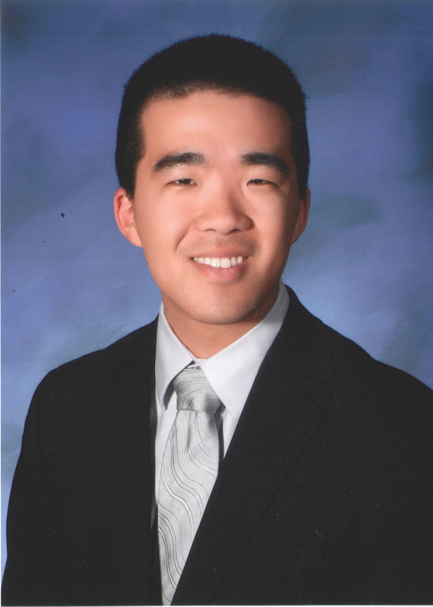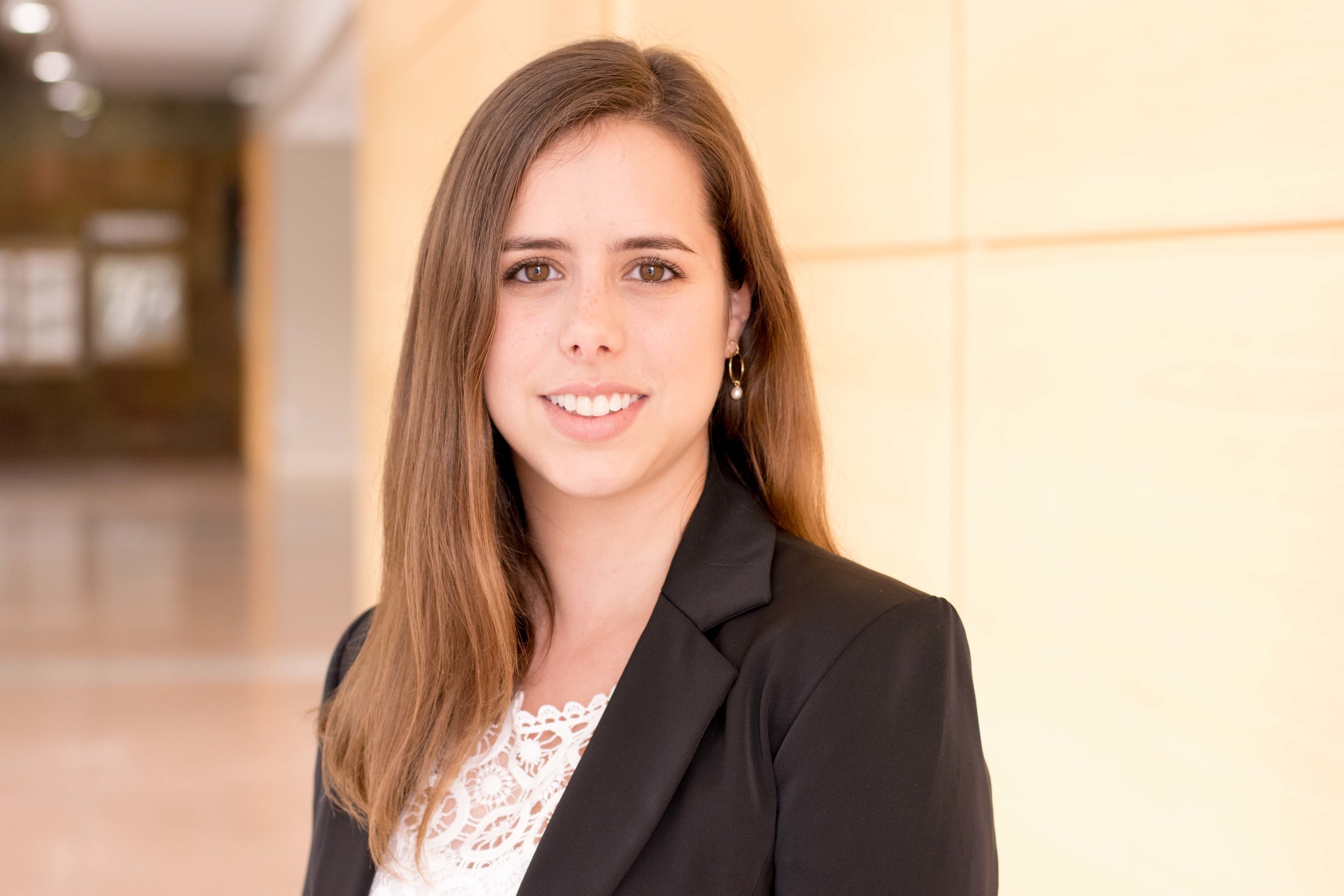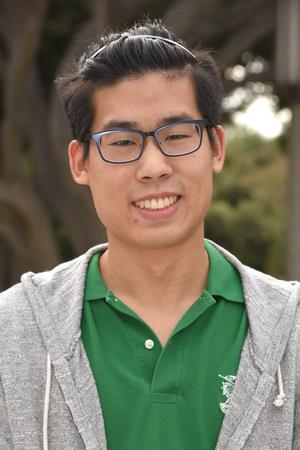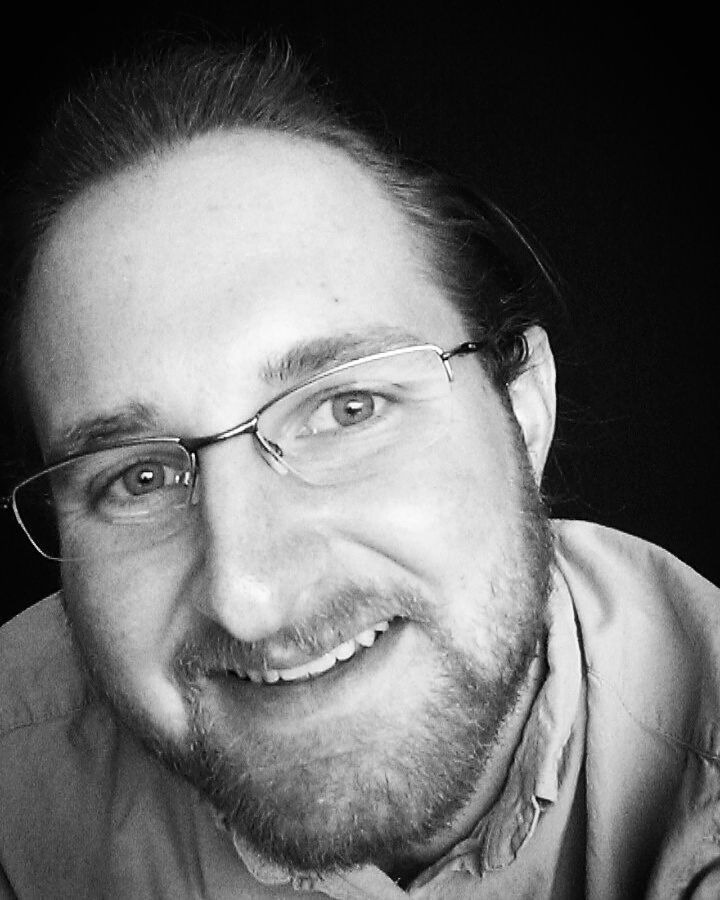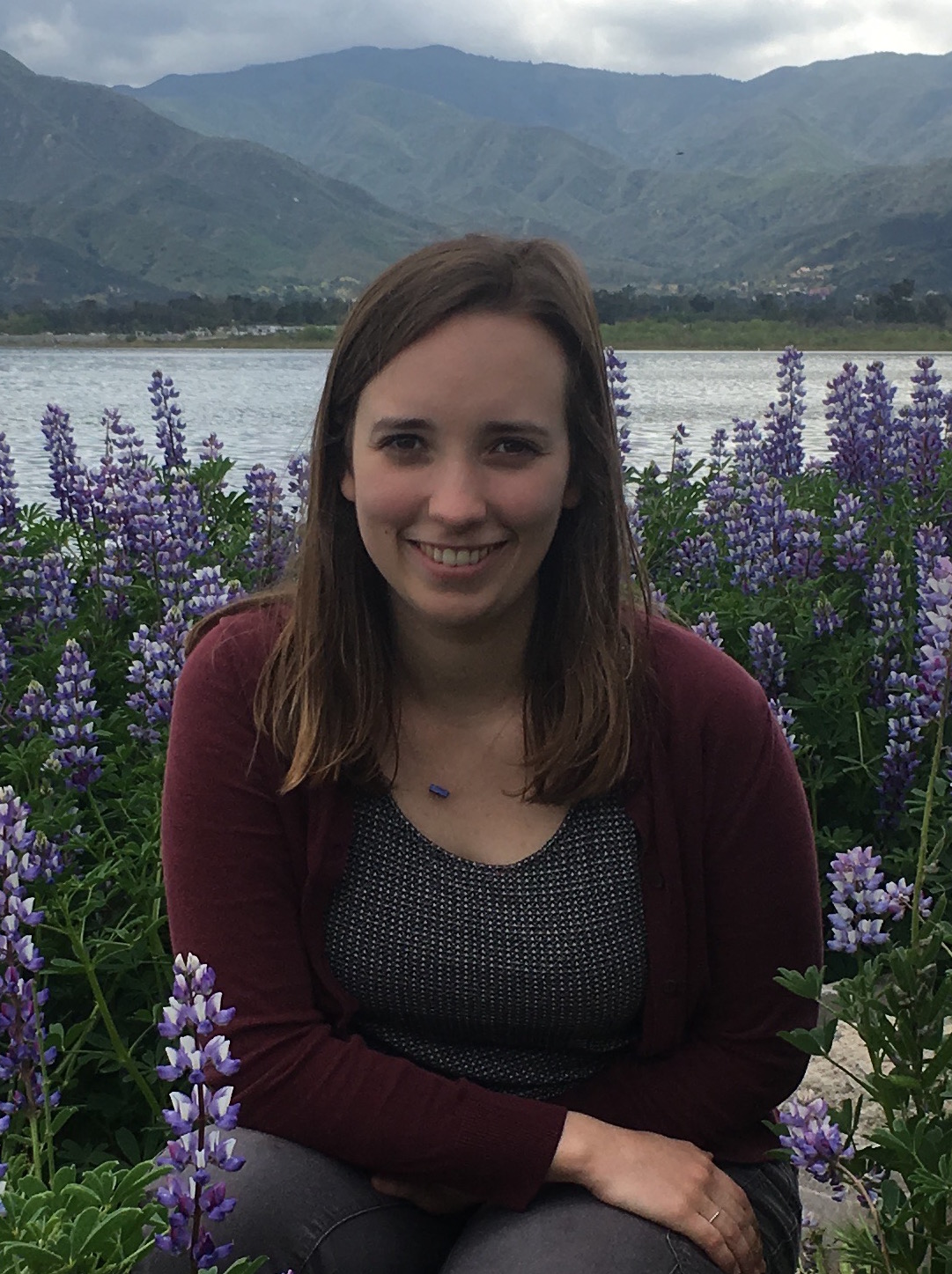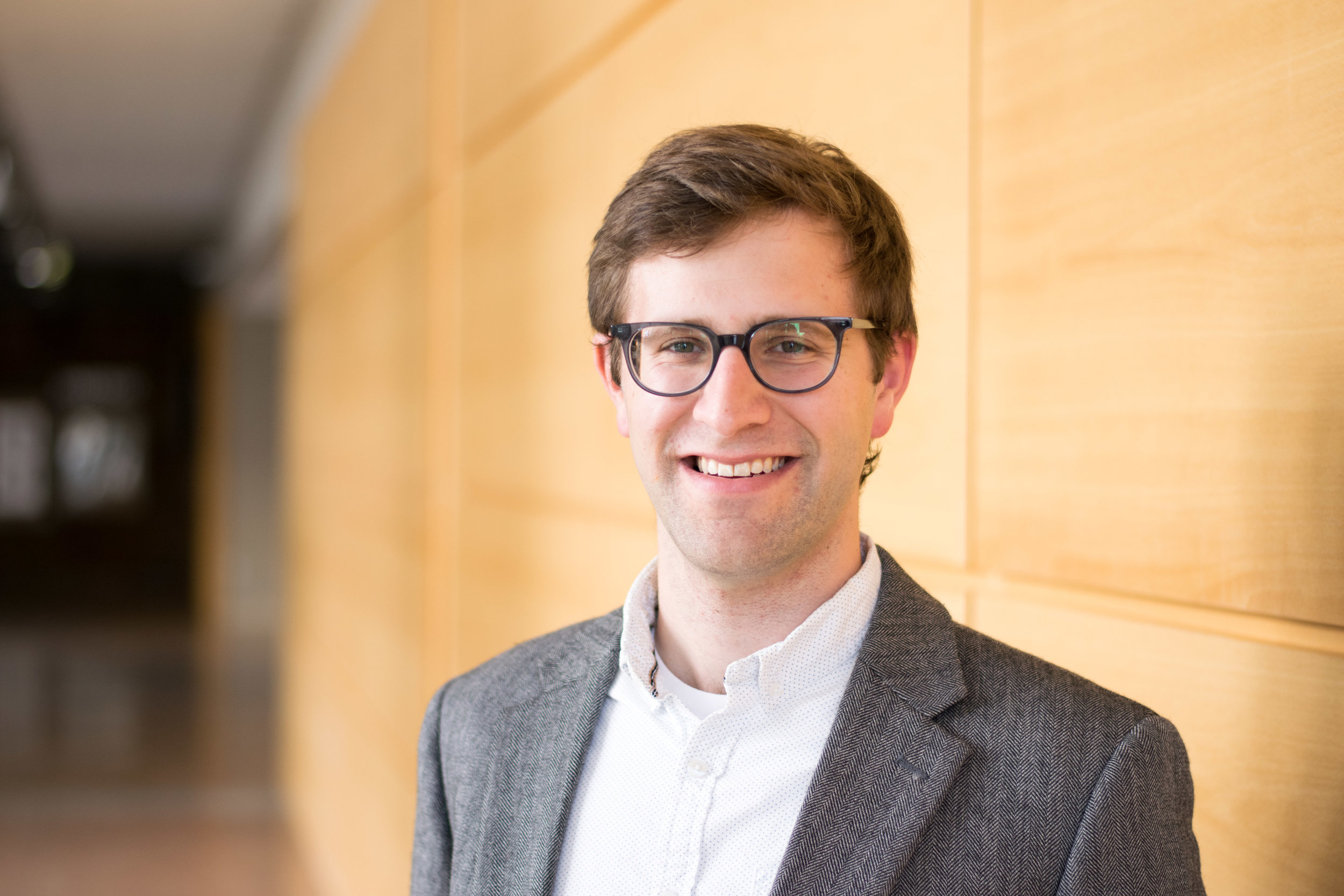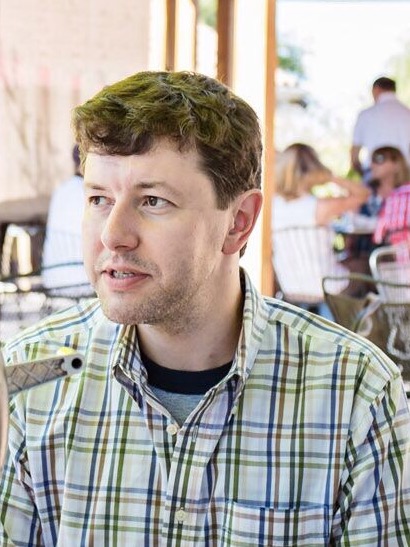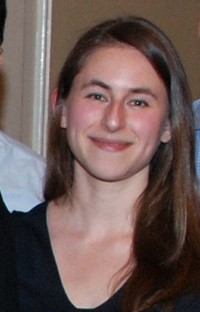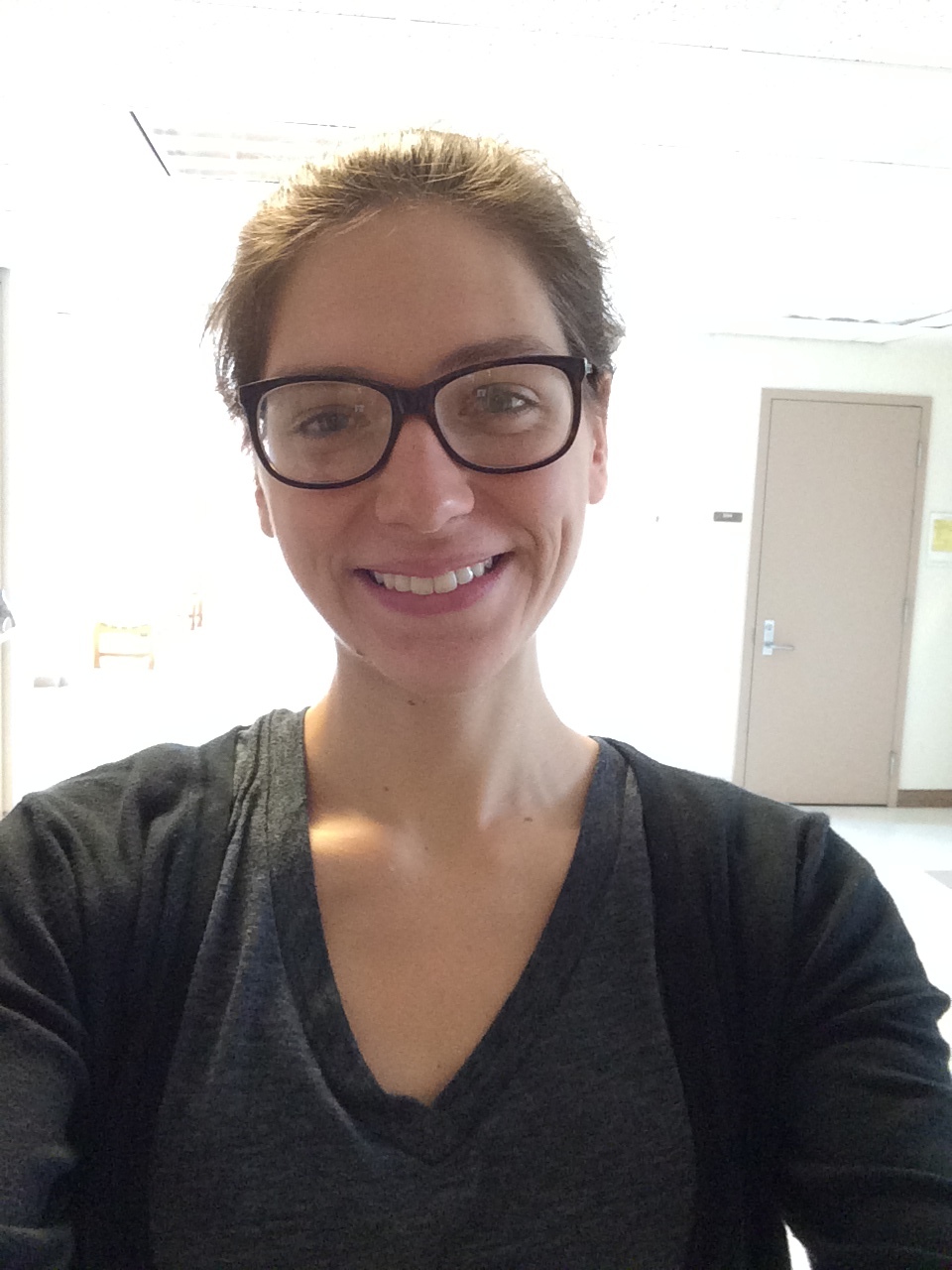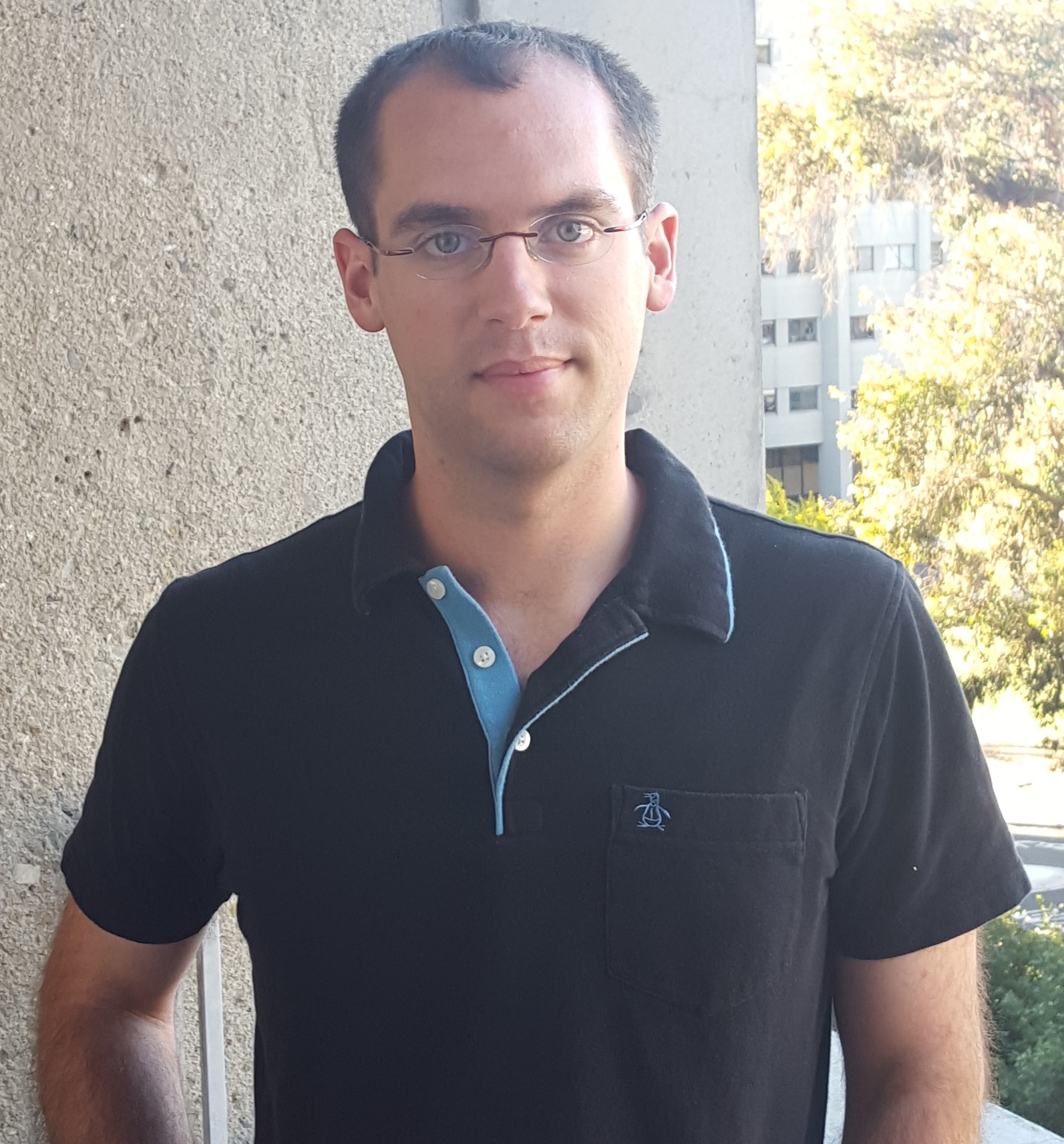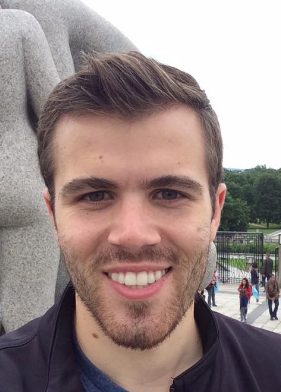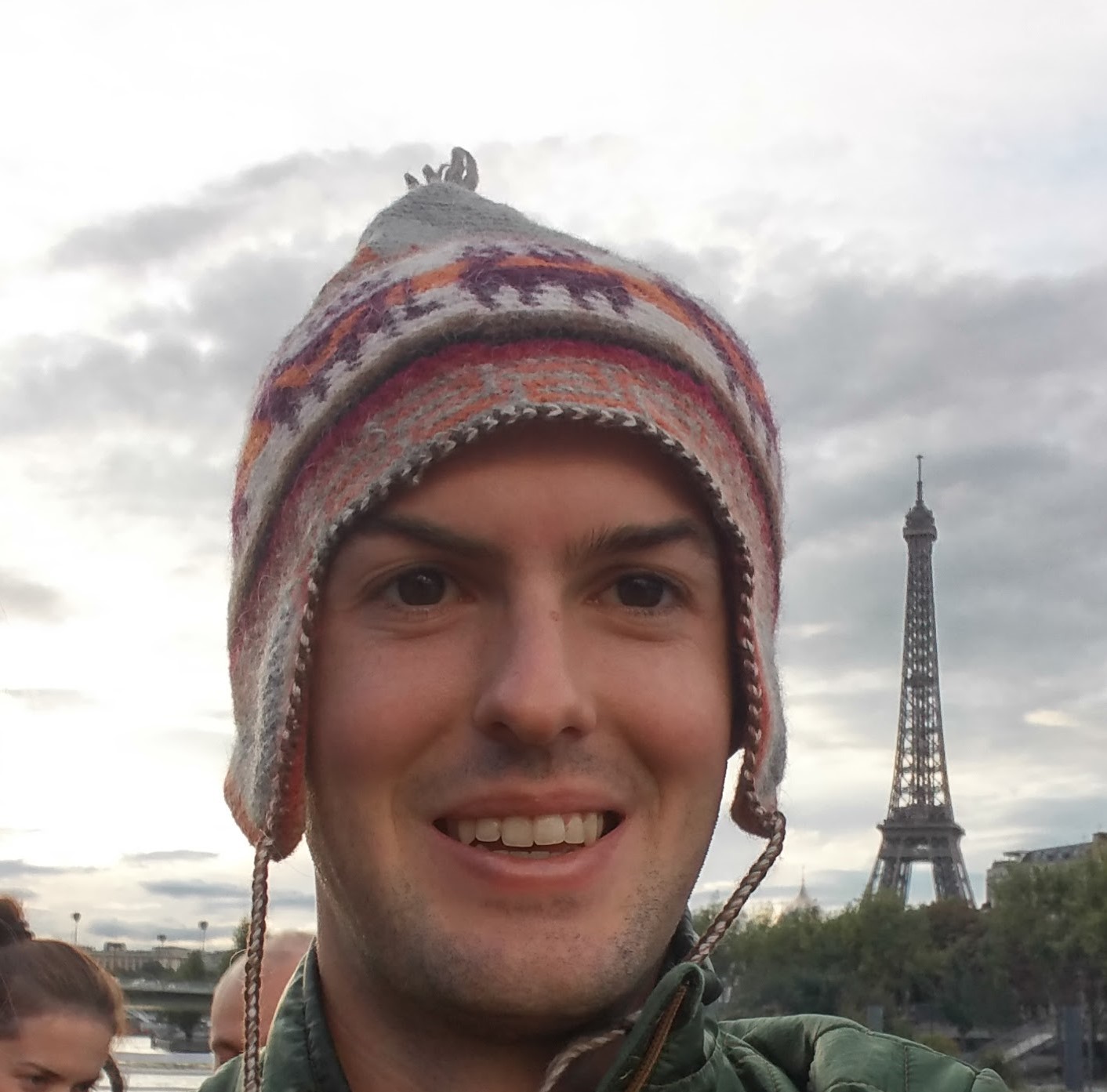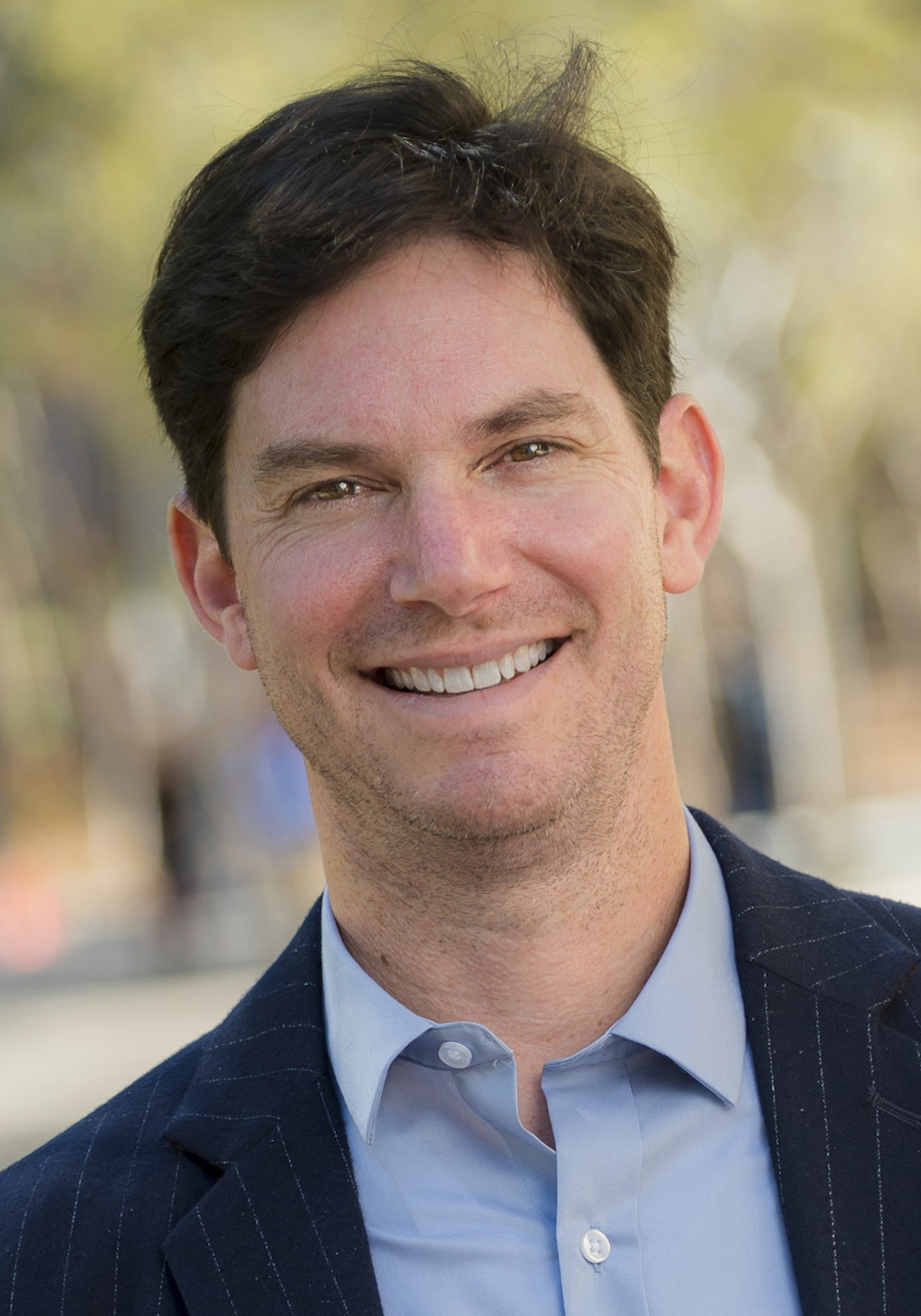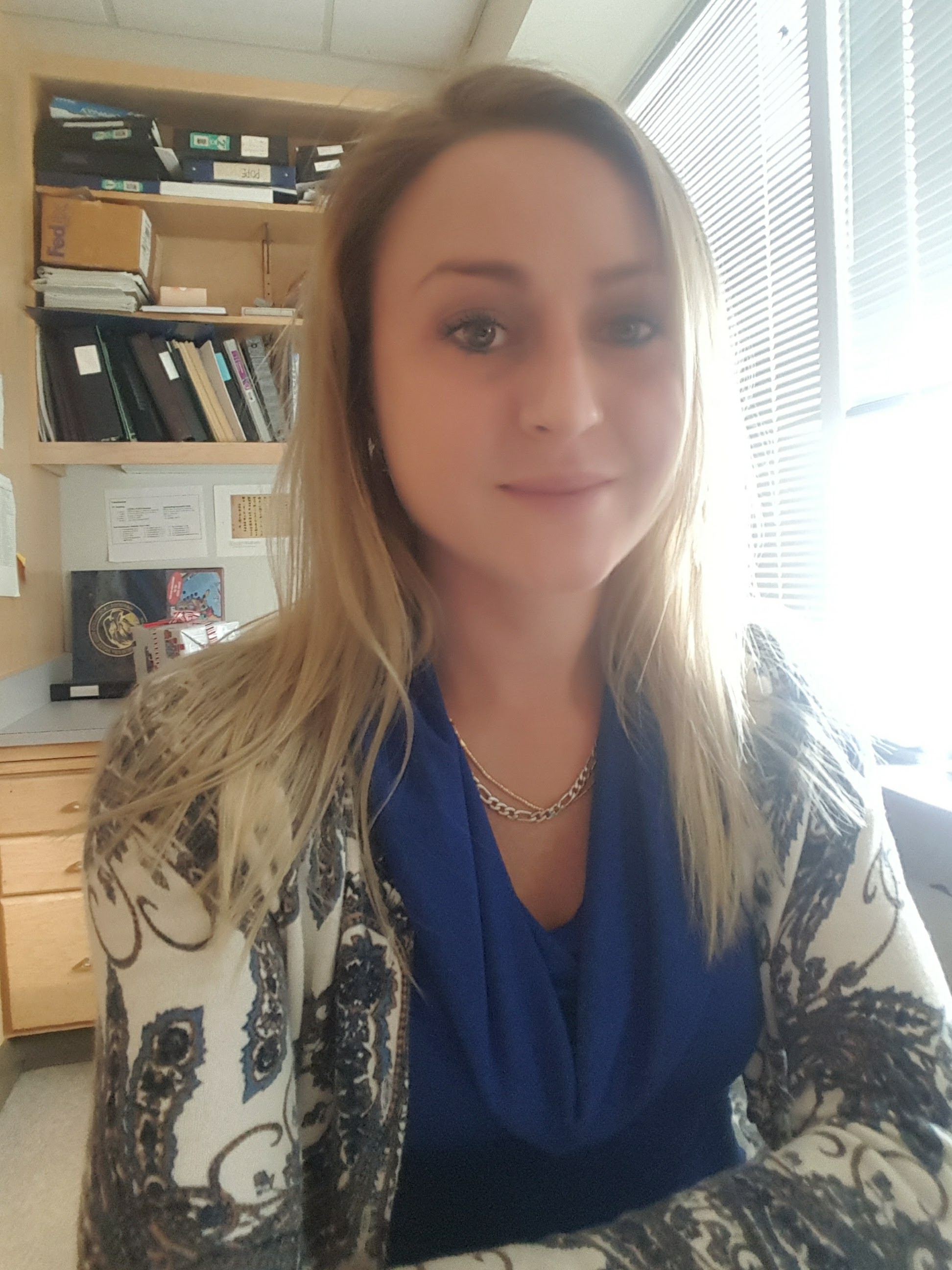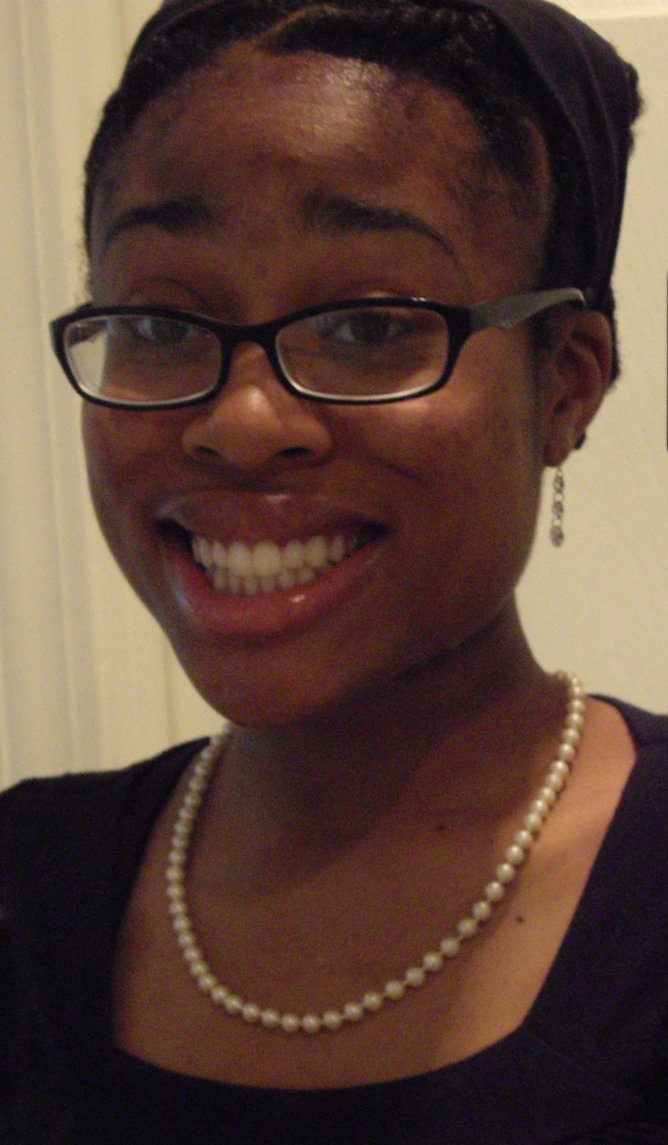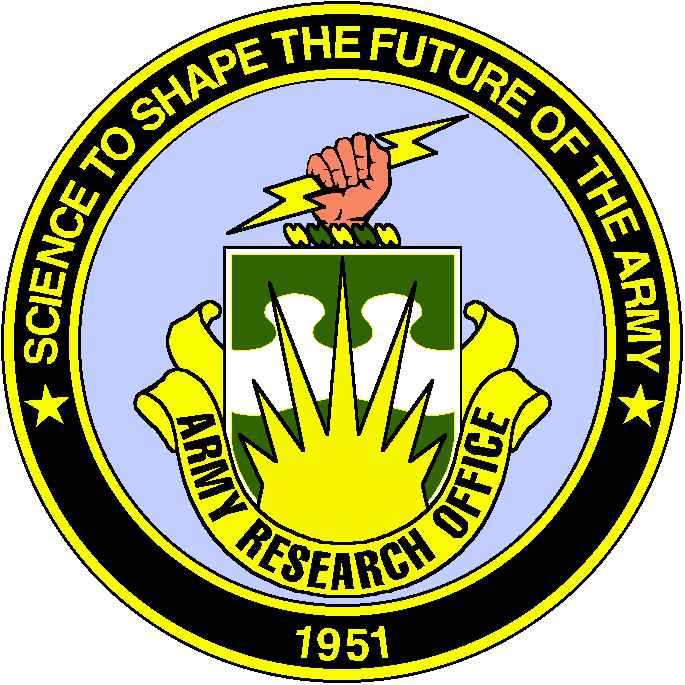3rd Annual UCCS - March 26–28, 2018
2018 Keynote Speakers
Prof. Carrie Partch — University of California, Santa Cruz
About Me
I graduated from the University of North Carolina Chapel Hill with a Ph.D. in Biochemistry and Biophysics, where I worked with Aziz Sancar to study the molecular basis of circadian rhythmicity. I went to the 'dark side' for my postdoctoral fellowship, training in biophysical techniques including solution NMR spectroscopy at UT Southwestern Medical Center. I worked with Kevin Gardner to identify novel structural regulatory motifs on the hypoxia-inducible transcription factor, HIF, and with Joe Takahashi, to study the related bHLH-PAS transcription factor that drives circadian rhythmicity, CLOCK:BMAL1. In our lab, we strive to address these questions: How do animals measure time and use it to control biology on a daily basis?
About My Research
Many organisms have molecular clocks that synchronize their physiological processes into rhythms that coincide with the solar day, providing enhanced evolutionary fitness by optimizing energy utilization and coordinating timing of integrated biochemical processes.
Disruption of circadian rhythms in mouse models causes adverse effects by influencing the etiology of psychiatric disorders, diabetes, cardiovascular disease, and cancer. By developing a deeper mechanistic understanding of how clocks function at the molecular level, we hope to capitalize on the temporal regulation of physiology to develop new and innovative strategies to treat a broad spectrum of diseases.
Prof. Adam S. Veige — the University of Florida
About Me
I graduated from the University of Western Ontario and went on to Cornell University where I did my PhD with Prof. Pete Wolczanski. I then did a post-doctoral fellowship with Prof. Dan Nocera at MIT before joining the faculty at the University of Florida.
About My Research
Our research group is primarily interested in the design, synthesis, isolation, and characterization of novel inorganic molecules. Our efforts are concentrated towards building new complexes that either model or affect new small molecule transformations relevant to the industrial sector. We undertake detailed mechanistic studies in order to uncover subtle details of catalytic processes in hopes of building upon or challenging current models of molecular structure, periodic trends, reactivity, and bonding.
2018 Organizers
